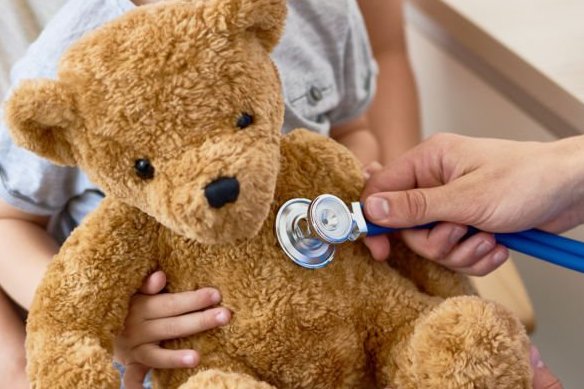The Children's Heart Center Vienna combines knowledge and expertise from various specialist disciplines.

After activation, data will be sent to YouTube. Further information here: Data protection
The Pediatric Heart Center Vienna stands for the individual care of children and adolescents with congenital heart defects as well as acquired and genetic heart diseases. To ensure the best possible treatment for each individual patient, an experienced team of physicians from various disciplines is available around the clock. The multidisciplinary cooperation of pediatric cardiologists, cardiac surgeons, anesthesiologists and intensive care specialists enables first-class care through the implementation of innovative and optimized therapy concepts.
The comprehensive consultation of parents is a special concern of ours - also of parents whose children are already diagnosed with a heart defect during pregnancy. This enables us to plan the subsequent therapy in close cooperation with the treating gynecologist even before the birth.
